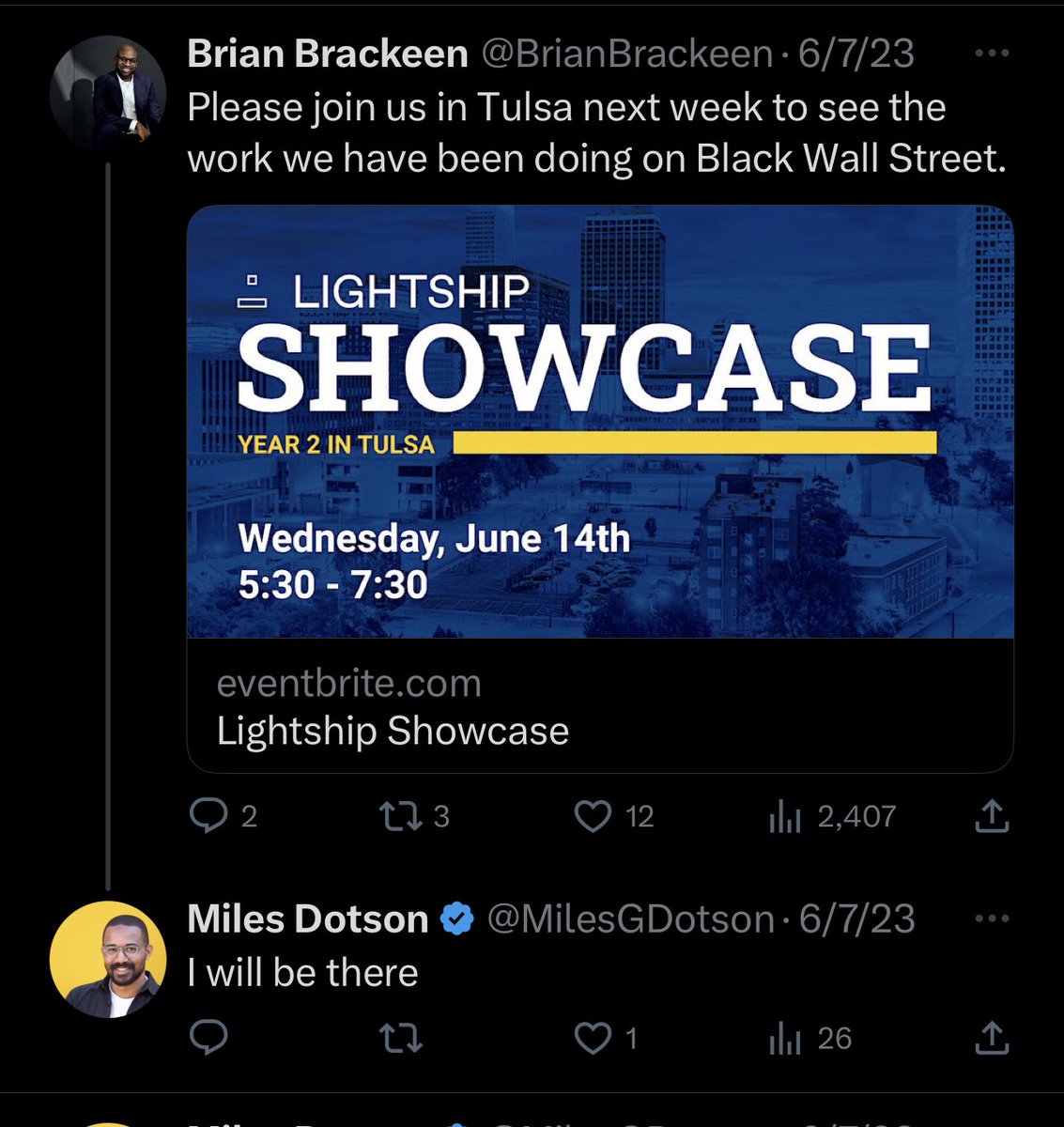Let's be very clear. Credit reporting, credit scores, credit worthiness, qualified candidacy are all forms of redlining.
Most black and brown people are over leveraged in terms of debt or have not established their credit. There is a reason why.
Most black and brown people are over leveraged in terms of debt or have not established their credit. There is a reason why.
That is statistical regardless of financial decisions an individual may make. Therefore you should understand that if I do not historically have account history with debt products, and do not also have assets that can be used as collateral, how can I have a high credit score.
All Americans in one way or another interface with the concept of debt. It really clarifies for me the stigma people of color have around debt products. That it is are risky or unsafe. If you cannot borrow money for your benefit it will limit your potential wealth.
Whereas other demographics have leveraged debt to grow and succeed on borrowed money. Without fear of approval or consideration. The basis for a system to establish who has collateral wealth vs not is as simple as a credit report.
I believe credit reporting should not be used as a basis for determining your ability to repay if that same individual does not have access to the best debt products available.
You must first level access before using a system as a determinant. Credit reporting is a descendant of redlining in this country and should abolished and replaced.
In 1956 something happened...
Engineer Bill Fair and mathematician Earl Isaac developed the first credit scoring system in 1956.
Engineer Bill Fair and mathematician Earl Isaac developed the first credit scoring system in 1956.
But let's rewind, "This might be an important clue, too; the states with the largest percentage point increases in black homeownership from 1950 to 1970 were West Virginia, Mississippi, South Carolina and Alabama."forbes.com/sites/johnwake…
The use of credit reporting --invention and adoption coincides with the largest growth period of homeownship for Black Americans. Therefore those opposing blacks would need a system to legally reinforce lending decisions. One that would reinforce stereotypes and behaviors.
Around this same time it's important to understand that during the largest homeownership expansion period Blacks were not able to take advantage of the new and improved mortgages from FHA, VA, banks or savings and loans. There was only one way to ensure they wouldn't be able to..
It later became apparent that intermediaries were profiting off of the exclusion of blacks from available financing... "many had been forced to rely on a highly compensated white intermediary, who concealed the fact that the ultimate buyers" --were black. newyorker.com/news/news-desk…
This is just part of the story. It's important to understand #redlining began in the 1930s due to the housing shortage of the Great Depression. The New Deal would increase and also segregate America's housing stock simultaneously. npr.org/2017/05/03/526…
So by the time the 50's roll around people are not only aware of a secondary market for home selling they began actively working to bar the same people who were negativity impacted by the New Deal from participating in all forms or federal or private lending.
Credit scores and there use would expand from FICO to later becoming more interwoven in banking as a system to indicate worthy borrowers. In 1989, FICO introduces an update...
1989, a refined credit scoring system based on their initial system was introduced, and quickly became an industry standard. Coinciding with another major housing crisis just before the US enters recession in 1991.
It appears very clearly that lending practices became more based on credit restrictions following every housing related crisis. Making it increasingly more difficult for those without wealth to take part in the expansion period that follows.
@threadreaderapp unroll
• • •
Missing some Tweet in this thread? You can try to
force a refresh






